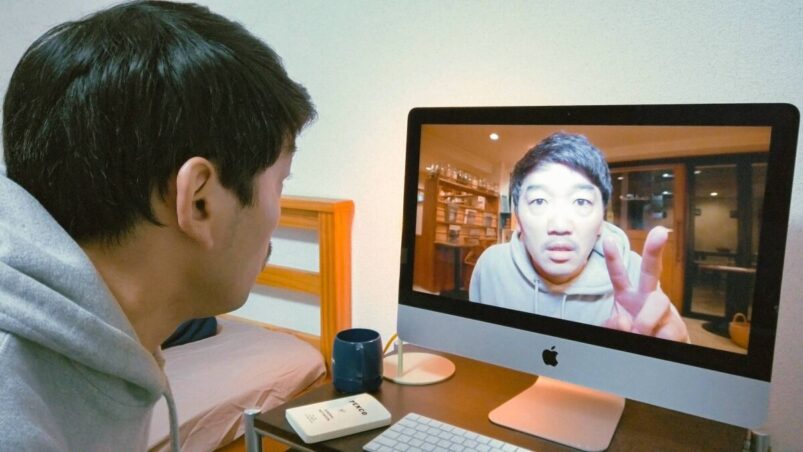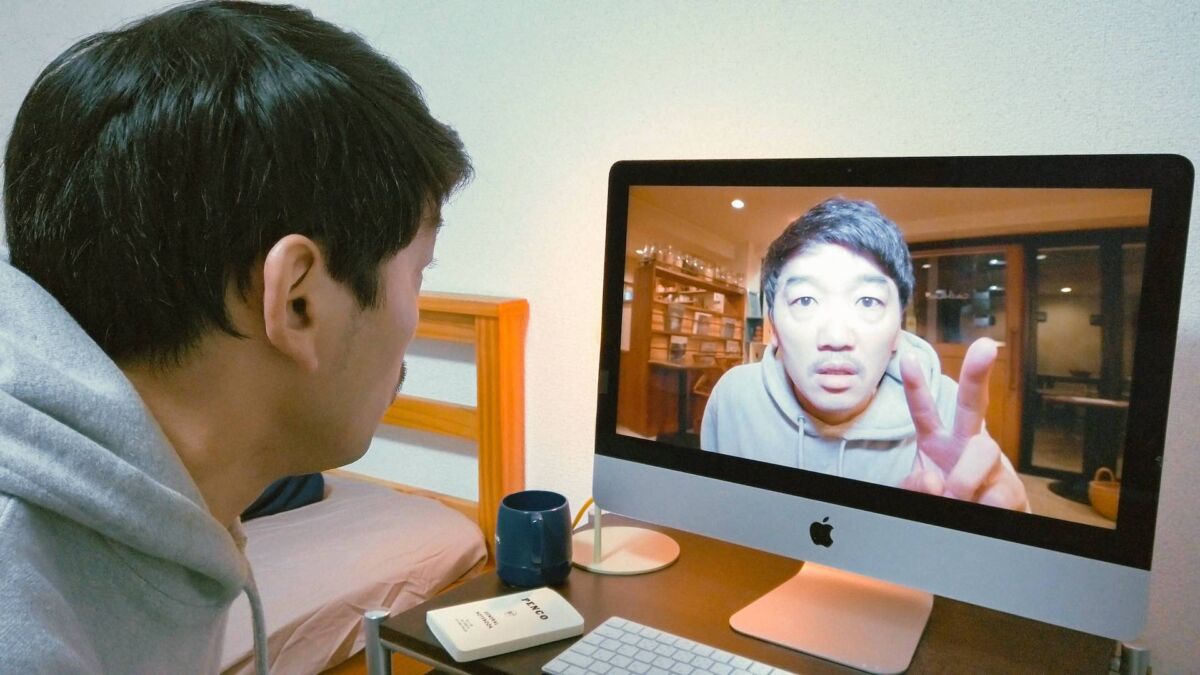Junta Yamaguchi’s Beyond the Infinite Two Minutes is a difficult film to review. Conceptually, it is very clever, and your brain is certainly engaged as you breeze through the film’s palatable runtime of 80 minutes. After all, half the fun of time travel movies like this lies in figuring out how each event folds into the next. The film is like an intricate puzzle so well-put together that you can’t help but applaud its flawless execution – kudos to Makoto Ueda on crafting such an incredible script. However, the film just isn’t assertive enough emotionally.
I suppose many critics have given similar criticisms of Tenet, that it felt a bit impersonal and detached at times. I mean, the main protagonist is referred to as The Protagonist, which does feel a touch pretentious (I still love you, Christopher Nolan). Even though the protagonist does feel like a bit of a void, the other characters like Neil and Kat have character arcs and are able to incite investment from the viewer. I certainly empathized with Kat and liked Neil a lot as a character.
In Beyond the Infinite Two Minutes, the storytelling almost feels allegorical, where these individuals are there in service of the plot and the larger message of the film, and aren’t interesting enough on their own.
When the film begins, we are introduced to Kato (Kazunari Tosa), the owner of a café who discovers a wormhole between the computer in his room and the TV monitor in the café below when his future self speaks to him. How far into the future? Two minutes, hence the title. Kato is fascinated by this, and soon other people get roped into testing if the connection is legitimate. They try to push this limit of two minutes time travel, and it’s really quite clever to see how the film works this in while sticking to the established boundaries of the wormhole.
While it’s all awe and sparks at first, there is this darker undertone, as these characters gradually become more obligated to carry out the tasks given to them by their future selves. They even become worried about contradicting the future that they see, with Kato being forced to lie so that it fulfils what his future self conveyed to him.
Kato notes that seeing the future, even if it is only two minutes ahead, undermines their control. At times, they just seem to be waiting for instructions, depending on their future selves to determine their present choices. Are we doomed to walk the steps of a path that has been charted for us, or is it possible to exercise agency even in the face of overwhelming odds? The film doesn’t give us answers we don’t already know, but what is more interesting is how certain paths don’t end up where you think they do. A rejection now might morph into something even better later on.
Kato mentions certain apocalyptic predictions, like Y2K and the whole 2012 end of days frenzy, and how everything he did was in anticipation of these cataclysmic events. Sometimes we plan so much for the futures we have in mind that we ignore the present, so when we do arrive at the future we planned so ardently for, we suddenly feel bereft. The film is telling us to enjoy our life and our time, and not squander carpe diem for the perpetual thought of what’s next.
As with time travel movies, the film is repetitive at times, since the actions from the future selves have to be replicated. However, this is mainly concentrated to the beginning of the film, and becomes less of an issue as Beyond the Infinite Two Minutes wears on.
There is much to enjoy and recommend here, so let this be a film you seek out.
Review screener provided.
READ NEXT: 15 Best Sci-Fi Movies on Amazon Prime Video
Some of the coverage you find on Cultured Vultures contains affiliate links, which provide us with small commissions based on purchases made from visiting our site.


